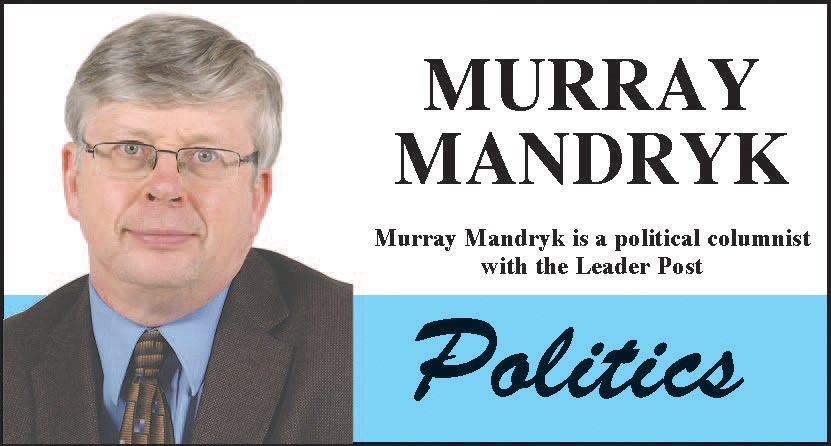The COVID-19 news has not been good and is likely soon to get worse.
While it once took nearly two months to run up 500 cases in Saskatchewan, we are now hitting those numbers in a couple days.
And what’s quickly becoming even more problematic is contact tracing the source of outbreaks is becoming nearly impossible. It’s no longer a case of COVID-19 coming in from out-of-province, of confining outbreaks in remote First Nations communities or in Hutterite communities. The coronavirus is in all corners and all communities Premier Scott Moe acknowledged last week.
What to do about it is a matter of varying opinion — opinion that now fluctuates even within communities and within interest and interest groups that maybe once held more consistent views on the coronavirus issue.
Consider last week’s order making public mask wearing in this province mandatory everywhere — an order that came just four days after the province ordered mandatory mask-wearing in communities of 5,000 people and more (and many of the their surrounding communities) that came less than a week after mandatory public mask wearing was ordered for just the three largest cities.
Initially, opposing the wearing of masks — what many medical professions believe is the absolute least any government should do to stop the coronavirus spread — seemed to have much wider support.
Certainly, the notion some still hold that it infringes on one’s personal freedom — a rallying cry seemingly borrowed from the U.S. and Donald Trump supporters — contained political overtones. And some anti-maskers seem to be still clinging on this notion as a political symbol.
But as daily COVID-19 case counts climbed into the triple digits in Saskatchewan, anti-mask sentiment have quickly fallen out of favour among the vast majority.
If this issue was ever a rural-versus-urban thing, that changed when COVID-19 case numbers per 100,000 in the three Prairie provinces surpassed that of Quebec and Ontario.
Saskatchewan Association of Rural Municipalities (SARM) President Ray Orb stepped up and made it clear that the slight inconvenience of wearing masks everywhere was no big deal for rural people. Certainly, if masks mean the difference between shutting down the economy and not shutting down the economy, many people see them as well worth it.
However, mask wearing seems to be a relatively easy choice for Moe compared with other measures recommended by the province’s doctors and health professionals.
A rather sombre Moe appeared before reporters last week along with Chief Medical Officer Dr. Saqib Shahab to announce not only that provincewide mask order but also to announce that gatherings in private home would be restricted to five people instead of 10.
It was also announced visits to long-term care facilities and personal care homes — 20 of which have COVID-19 cases — would be suspended except for extreme compassionate reasons.
However, what might have been most surprising is what wasn’t announced —further restrictions on gatherings in churches, casinos, bingo halls, sporting events, bars and restaurants (although their service hours for alcohol was cut a few days earlier).
All such venues have been involved in “super spreader” events that Moe and Shabab acknowledges are one big reason why COVID-19 everywhere in the province.
For Moe and his Sask. Party government, the line in the sand is to avoid a complete lockdown like we are seeing in neighbouring Manitoba.
“This is not a lockdown,” Moe said. “This is a slowdown, a significant one-month slowdown.”
Moe then mentioned something he avoided talking about during last month’s election when he campaigned on a strong economy — that 15,000 of the 70,000 shed in the initial March lockdown had not comeback.
For now, Moe is opting to save jobs in Saskatchewan and hoping his incremental measures to fight COVID-19 will get us through the second wave.
It is clearly a gamble.
Murray Mandryk has been covering provincial politics since 1983.




